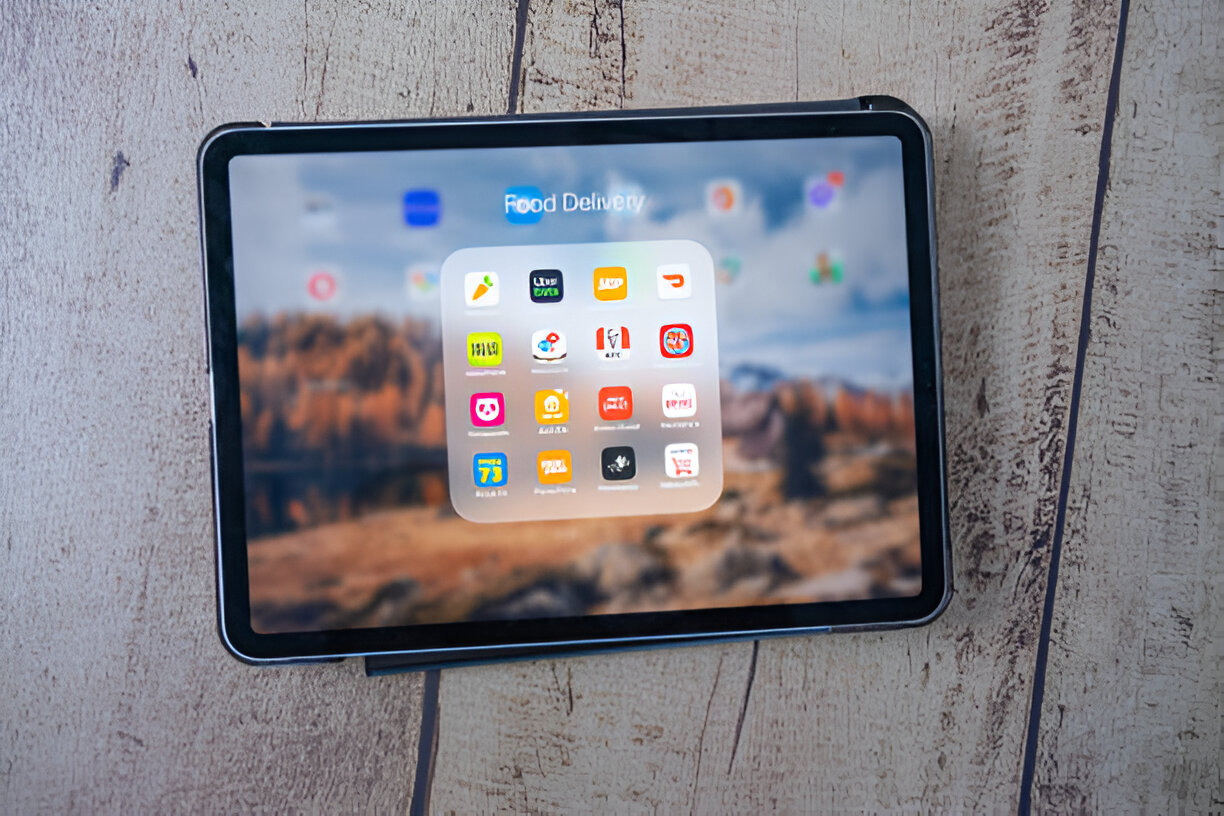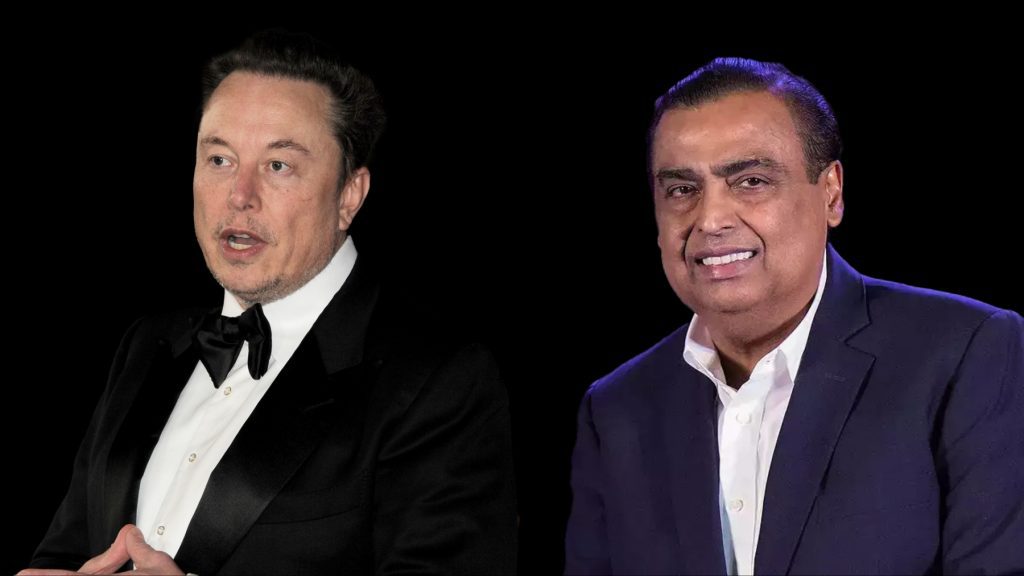
Elon Musk vs. Mukesh Ambani: The Battle for India’s Satellite Internet Market
Elon Musk vs. Mukesh Ambani: The Battle for India's Satellite Internet Market
In a world more connected to the digital space, two tech giants are preparing for a major battle. This clash could change India’s connectivity forever. On one side is Elon Musk, the visionary leader of SpaceX. His satellite network aims to provide high-speed internet around the world.
On the other side is Mukesh Ambani, a major business leader in India. He is a telecom pioneer who uses his power through Jio Platforms. He aims to change internet access in a country full of potential.
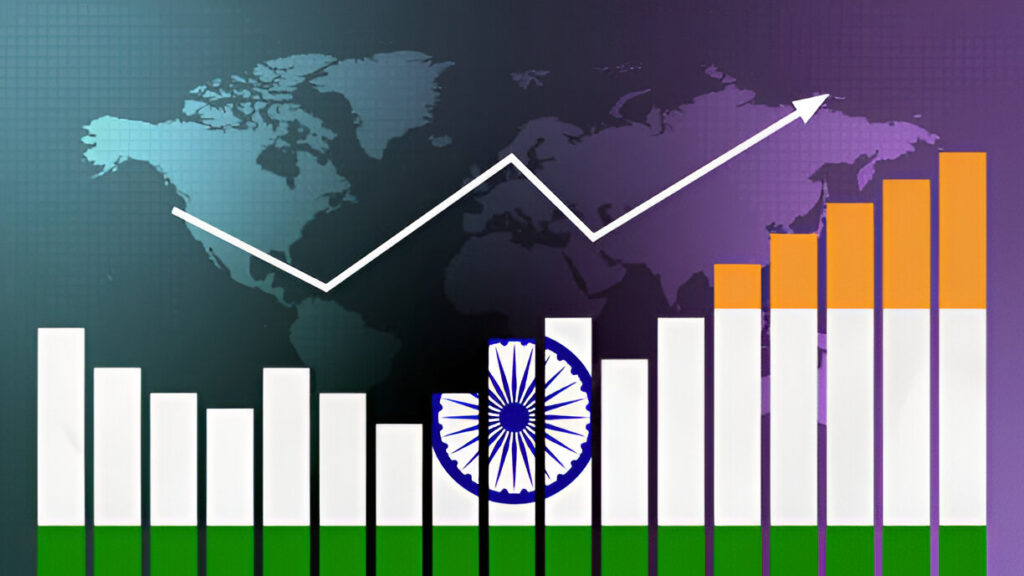
As these giants clash over satellites in our skies, their strategies unfold on the ground. The stakes are very high.
With almost 1.4 billion users needing reliable internet, there are great opportunities ahead. This is not just about profit. The focus is on power, progress, and which leader will succeed in closing India’s digital divide.
Get ready to explore the competition between Musk’s creativity and Ambani’s local strength. We will look at “Elon Musk vs. Mukesh Ambani: The Battle for India’s Satellite Internet Market.”
Introduction to Elon Musk and Mukesh Ambani
In the competitive satellite internet market, two major players are competing in India. They are Elon Musk and Mukesh Ambani. Musk is known for his big projects like Tesla and SpaceX.
Now, he is focusing on India’s growing digital scene. He is doing this with Starlink.
Ambani leads Reliance Industries and is important in telecommunications through Jio Platforms. He is preparing to directly challenge him with JioSat.
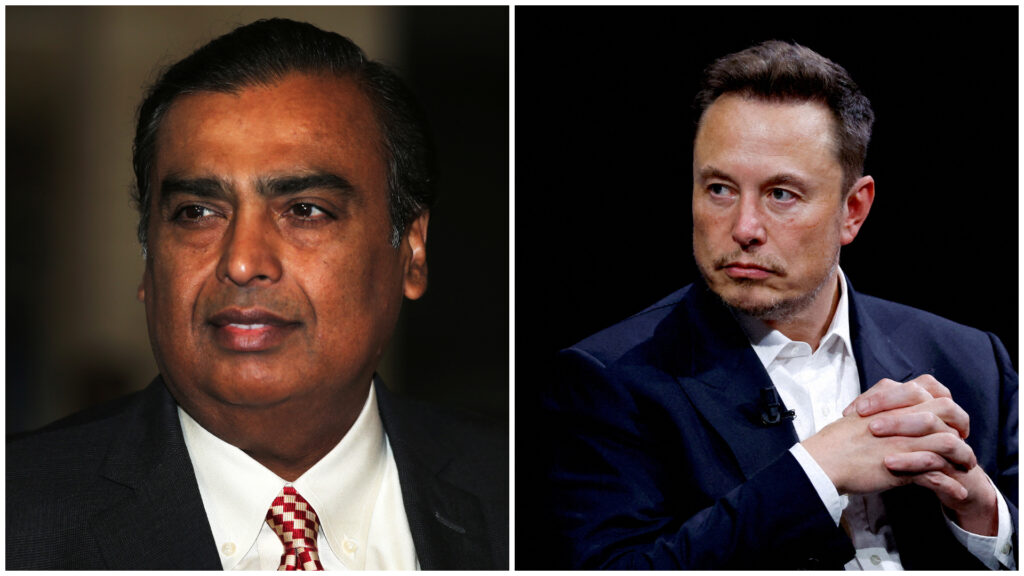
As these billionaires grapple for dominance over India’s satellite internet market, the stakes couldn’t be higher. The country is ready for digital change. There are over a billion potential users. This shift could change how Indians access information.
It may also impact their economy significantly. Get ready to discover what makes each contender special. We will see who might win in this exciting battle of ideas and dreams!
Overview of India's Satellite Internet Market
India’s satellite internet market is rapidly evolving. With a vast population and diverse geography, traditional broadband services often fall short.
The demand for reliable connectivity has surged, particularly in rural areas where ground-based infrastructure is lacking. Satellite technology presents an attractive solution to bridge this digital divide.
Government initiatives like Digital India have spurred growth in the sector. Recent policies aim to boost investments and encourage competition among service providers.

As companies explore opportunities, foreign players are eyeing the potential of India’s burgeoning market. This could lead to innovative solutions and improved services for consumers across the country.
With big companies like SpaceX and Jio Platforms joining in, Indian telecommunications is ready for a big change. The race has just begun, promising exciting developments ahead as these giants vie for dominance in satellite internet access.
Background on SpaceX's Starlink and Jio Platforms' JioSat
SpaceX’s Starlink represents a bold leap into the satellite internet frontier. Designed to provide high-speed internet globally, it uses a constellation of low-Earth orbit (LEO) satellites. This innovative approach dramatically reduces latency and enhances connectivity. Customers across remote areas can access the web seamlessly.
On the Indian front, Jio Platforms is making waves with its JioSat initiative. Leveraging advanced technology, Jio aims to expand digital reach in underserved regions. They focus on bringing reliable service at competitive prices with plans for an expansive satellite network.
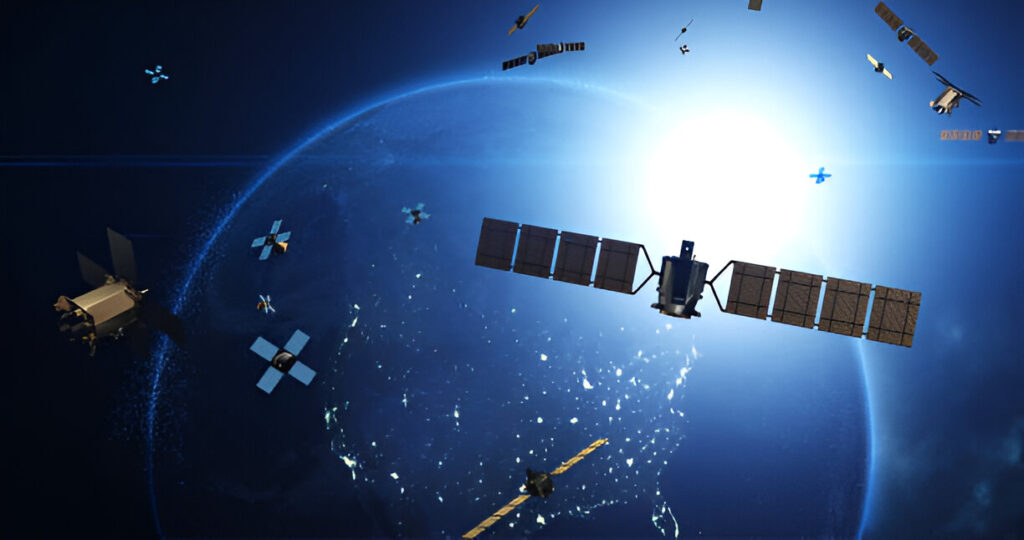
Both ventures focus heavily on accessibility and speed but differ in their operational strategies and target markets. Starlink works under SpaceX’s global vision. In contrast, JioSat focuses on the local needs of internet users in India. The competition is heating up as these two giants vie for dominance in this lucrative market segment.
Comparison of Starlink and JioSat: Technology, Speed, Coverage
Starlink, Elon Musk’s ambitious satellite project, uses a constellation of low Earth orbit satellites to deliver high-speed internet. This technology promises latency rates as low as 20 milliseconds. Its global reach is impressive, aiming to cover even the most remote areas.
On the other hand, JioSat from Mukesh Ambani’s Jio Platforms leverages geostationary satellites. This setup provides good coverage across India. However, it may have slower speeds in crowded areas. This is due to higher latency, which is usually about 600 milliseconds.

When it comes to download speeds, Starlink boasts up to 200 Mbps in optimal conditions. In contrast, JioSat aims for competitive speeds but currently hovers around 25-50 Mbps during peak usage times.
Coverage-wise, Starlink has begun its rollout in select Indian states while expanding globally. Meanwhile, JioSat designers strategically created it for India’s vast and diverse geography.
Impact on India's Internet Infrastructure and Economy
The emergence of Elon Musk’s Starlink and Mukesh Ambani’s JioSat could revolutionize India’s internet infrastructure. With both companies vying for dominance, the competition drives innovation.
Starlink promises high-speed satellite internet even in remote areas. This accessibility can significantly bridge the digital divide, allowing rural communities to connect with urban centers. Enhanced connectivity fosters education and economic growth.
On the other hand, JioSat leverages local expertise to create a tailored solution for Indian consumers. Its integration with existing telecom networks may provide seamless service across diverse terrains.
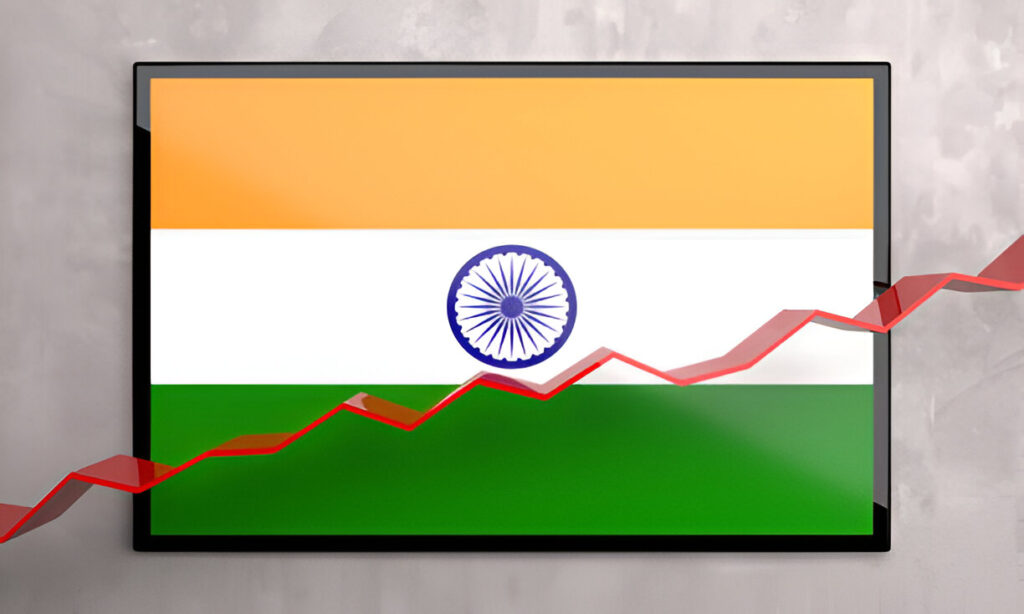
The potential influx of investment from these tech giants can stimulate job creation in various sectors. Improved internet access might also boost e-commerce and tech startups, further invigorating India’s economy.
Both companies are pushing boundaries. They are helping to create a changing digital world. This world offers hope for millions who need reliable internet access.
Potential Challenges for Each Company
Elon Musk’s Starlink faces significant regulatory hurdles in India. Navigating the complex landscape of licenses and permissions can delay its ambitions.
Mukesh Ambani’s JioSat, on the other hand, must contend with intense competition from established telecom providers. This market pressure could impact pricing strategies and customer acquisition.
Both companies also face technological challenges. Ensuring reliable connectivity across diverse terrains is crucial for success. Heavy monsoons or dense urban environments may disrupt service delivery.

Public perception plays a role as well. While SpaceX has a strong global presence, Indian consumers are cautious about foreign tech giants dominating local markets.
Conversely, Mukesh Ambani’s reputation locally could attract skepticism regarding data privacy and security practices—an essential concern for many users today.
Each company must navigate these multifaceted challenges to carve out their niche in India’s burgeoning satellite internet sector.
Possible Collaboration Opportunities
Collaboration between Elon Musk and Mukesh Ambani could reshape India’s digital landscape. Instead of competing, they might find common ground in enhancing satellite internet access across the country.
Imagine leveraging SpaceX’s advanced technology alongside Jio Platforms’ extensive infrastructure. This partnership could address rural connectivity issues more effectively than either company could achieve alone.

Joint ventures might also facilitate shared research initiatives, focusing on innovative solutions tailored for India’s diverse geography. With both leaders driven by ambition, such collaborations can accelerate advancements in internet services and expand customer reach significantly.
A combined effort may also attract government support aimed at bridging the digital divide. By working together, they can build a strong system that helps millions. This also makes them leaders in global satellite communications.
Conclusion: Who Will Win the Battle?
The competition for India’s satellite internet market is growing. Elon Musk’s Starlink and Mukesh Ambani’s JioSat are both trying to lead. Each brings unique strengths to the table. Starlink provides cutting-edge technology and broad coverage by leveraging a constellation of interconnected satellites in orbit.
On the other hand, JioSat has strong support from a top business leader in India. It also has a solid presence in the telecommunications sector. Both companies aim to address the growing demand for reliable internet access across urban and rural landscapes.

Challenges abound for both contenders. Regulatory hurdles, competition from existing providers, and infrastructure limitations could impede progress. However, collaboration also seems possible in this evolving landscape as India seeks to boost its connectivity capabilities.
As we follow this story, it will be interesting to see how each company changes its strategies. They will respond to market trends and customer needs.
The winner could change how millions connect online. This could happen through Elon Musk’s new satellites or Mukesh Ambani’s strong networks. We will have to wait and see.

